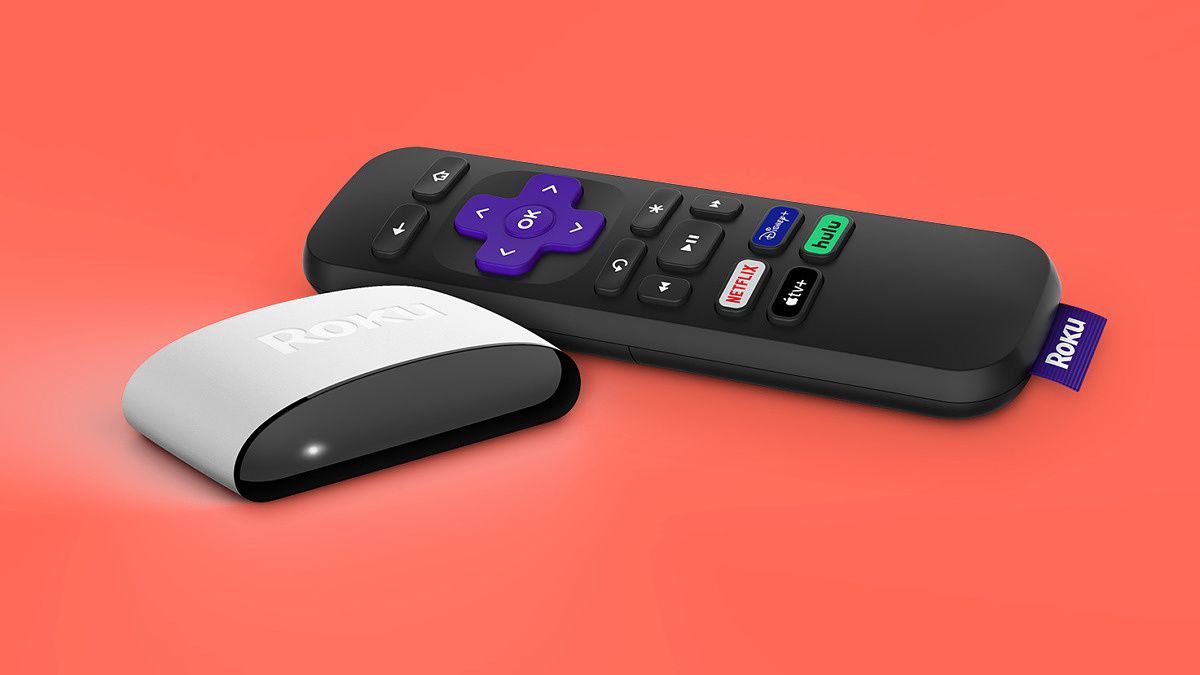Roku sells many different streaming boxes and sticks, but the company also licenses Roku OS for use on integrated smart TVs. TCL, Hisense, and other companies already sell many TVs with Roku's software, but according to a new report from Business Insider, Roku might be planning to sell its own Roku-branded sets.
Business Insider reports that Roku is planning to develop its own TV, based on one source that was part of a focus group asked about "different models, feature sets and names, sizes, [and] price points," and another source familiar with Roku's product strategy. The latter source told Insider, "The analysis has been done. They recognized that owning the last bit of branding made a lot of sense, particularly if you are going into content."
TV manufacturing would be a significant strategy shift for Roku, as the company has always partnered with TCL and others to get Roku-powered televisions on the market. Supposedly, the ongoing supply chain problems affecting much of the tech industry is part of the reason why Roku wants to try producing its own TVs — subscriber growth has slowed as companies like Hisense and TCL can't keep up with demand. Roku will likely face the same component shortage issues as other tech companies, but at the very least, Roku could have more options for distribution and sourcing components. Amazon, one of Roku's primary competitors in the TV space, started selling its own Amazon-branded TVs in September.
Roku has faced other challenges in recent months, especially with its fight with Google over distribution rights for YouTube and YouTube TV. After nearly a year of back-and-forth discussions and the YouTube TV app being pulled, Roku and Google finally reached a multi-year agreement in December to keep both YouTube and YouTube TV available on Roku-powered TVs and streaming devices.
Roku has also maintained a steady stream of new products, despite the ongoing supply shortages. Two new 4K streaming sticks were released in September of last year, at the same time as the Roku OS 10.5 update.
Source: Business Insider
Via: Ars Technica

